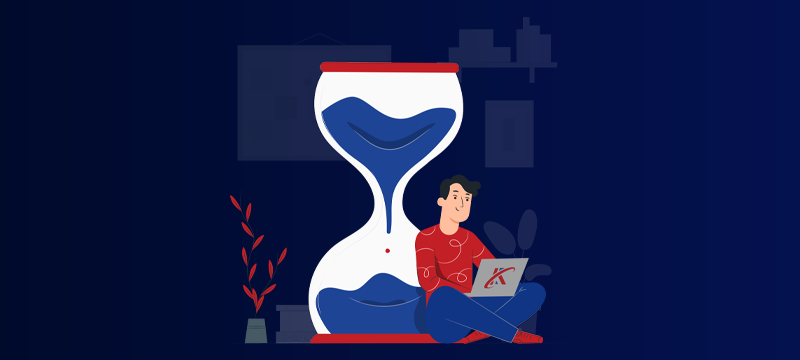As businesses increasingly rely on their websites, any downtime can have consequences. It can result in a lack of trust in your business and cause you to miss out on vital sales and leads. To help prevent these unwanted calamities from happening, here we look at some of the things you can do to prevent downtime and keep your website online.
- Avoid software compatibility issues
Many websites are built using CMS software, like WordPress. Part of the site-building process involves installing not just the main software, but plugins that add additional functionality. For example, you’d need an eCommerce plugin to create an online store.
A potential cause of downtime is when the plugin you are installing causes a conflict with either the main software, the theme or other plugins. If this happens, your website might crash completely or work incorrectly, forcing you to take it offline to fix it.
There are several things you should do to avoid this. Firstly, only use plugins and themes from trusted sources that have been tested with your version of the main software. Secondly, ensure you have a website backup so you can restore the site quickly if anything goes wrong. Finally, you can always clone your website and carry out changes on the spare version to make sure they work before going live.
- Don’t let your domain registration expire
Domain names (e.g., yourbusiness.com) are usually registered for either one or two years. If you wish to continue using that domain name, you will need to renew your registration as the expiration approaches. If you let your registration expire, not only will your website fail to appear when someone visits the domain address; potentially, the domain can be registered by someone else. To prevent this, make sure when setting up your domain that you choose automatic renewal in the settings.
- Keep your website secure
Cyberattacks are a major cause of downtime and can take a long time to recover from. Websites are at risk from hacking, malware, ransomware, DDoS and other types of attacks, all of which can take your site offline, some causing major damage to the site itself.
To minimise the risk of becoming a victim of a cyberattack, choose a web host that provides robust firewall protection for your site, defending your server from intrusion and infection and blocking DDoS attacks. At the same time, you should make use of security tools like Patchman, and implement bst practice.
- Update software
The core software, themes and plugins you use on your website will be updated regularly. Updates can be created to add new features, fix bugs or get rid of security holes that cybercriminals use to exploit sites.
When you don’t update your software, you increase the potential of going offline. Older versions of software might not work with the new devices and apps your visitors use, they can become incompatible with other software on your site, and they leave your site at risk of attack.
You can avoid this issue by setting up auto-updates. This can be done through your control panel or via other plugins. Once set up, new versions will be installed as soon as they are released.
- Avoid DIY coding
A lot of website owners take a DIY approach to managing their sites. While day-to-day management tasks are made easy through the use of a control panel and admin dashboard, some will also try to make tweaks to their websites by altering the code. Many of these people have little understanding of coding and rely on the numerous websites and online forums that offer coding solutions. Unfortunately, sometimes the changes made can break the website and take it offline.
If this happens, the quick solution is to have a backup you can restore from. To prevent this from happening at all, get an expert to make the changes for you or, if you must do it yourself, clone your site and make the changes to the spare version. This way, if anything does go drastically wrong, your live site won’t be affected.
- Choose the right hosting
Your choice of both hosting provider and hosting solution can affect your site’s ability to stay online. When it comes to a provider, look for a host, like Webhosting UK, that offers guaranteed uptime of a minimum of 99.9%, guaranteed by a service level agreement. This way, you can avoid hosting where the server is frequently offline.
When it comes to the choice of solution, this depends upon the needs of your website in terms of the amount of storage you require and the amount of data the server will need to process all your visitors. Smaller less busy sites can often cope quite well with shared hosting but may struggle and even crash if they get too many visitors at the same time. As your site or traffic grows, you can upgrade to VPS, a dedicated server and even cloud hosting to ensure your site has all the resources it needs to stay online even when at its busiest.
Conclusion
Modern businesses need their websites to stay online. Hopefully, from reading this article, you will have a better understanding of the main issues that can cause downtime and how to prevent them.
For information about our reliable hosting solutions, visit our homepage.

